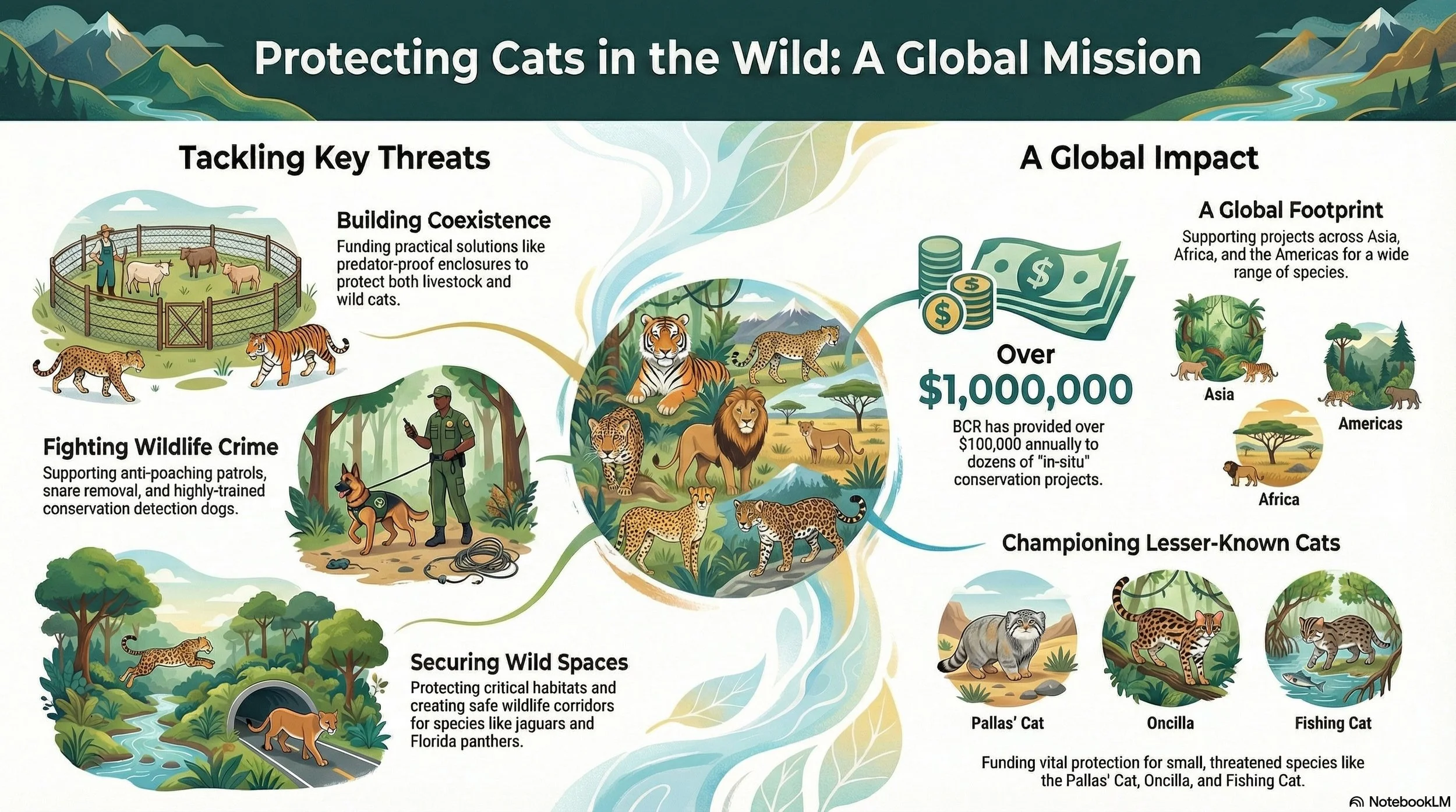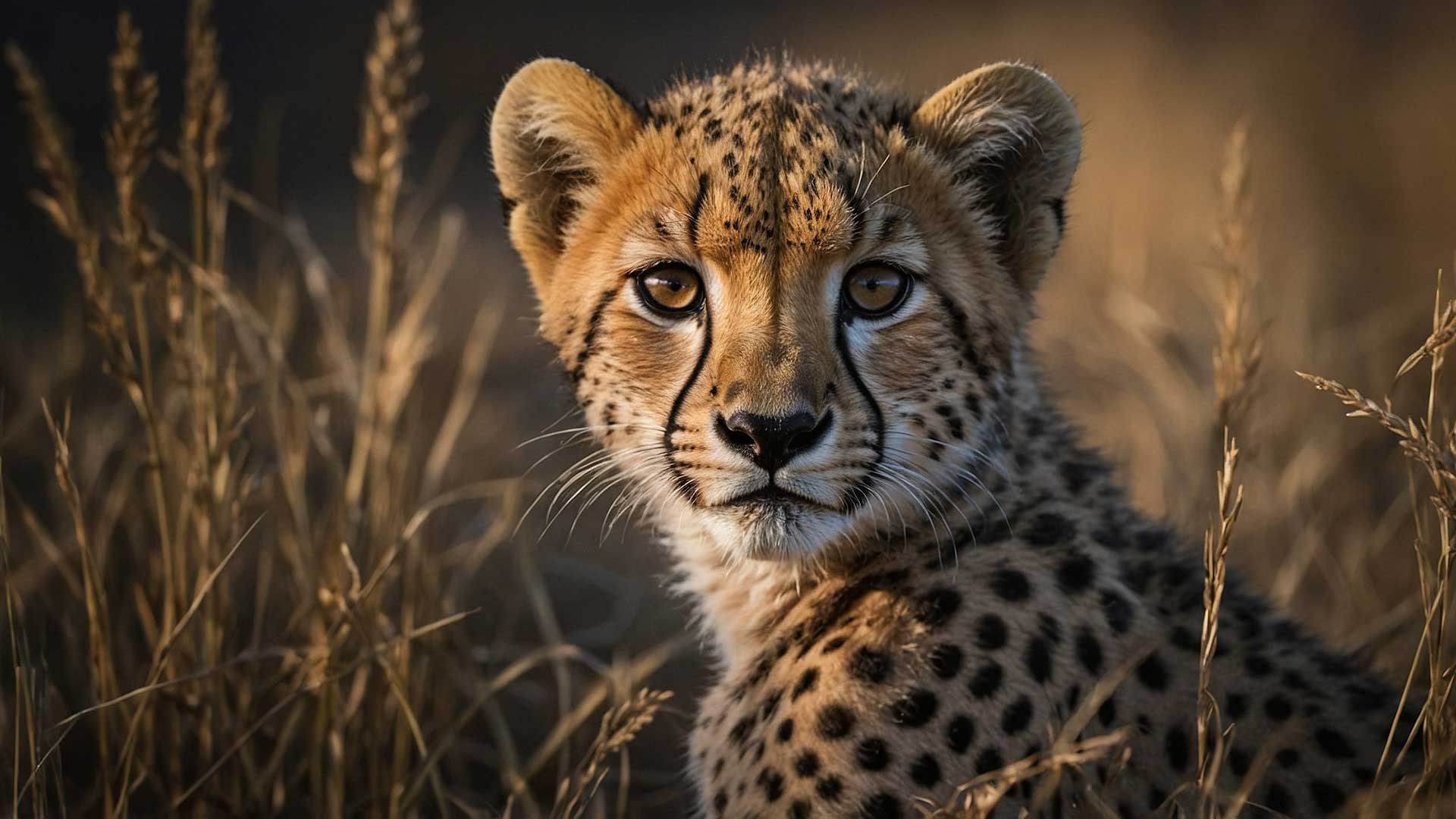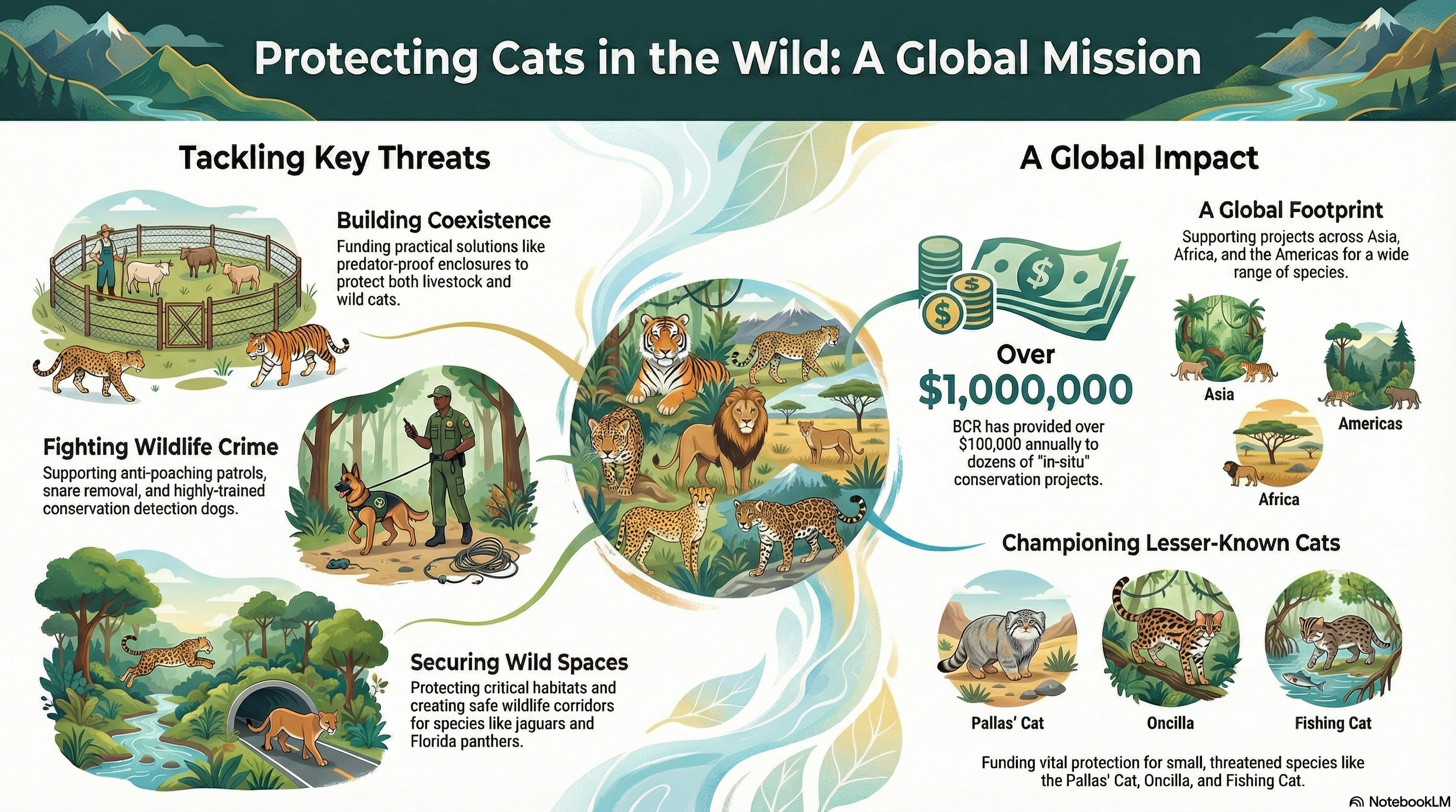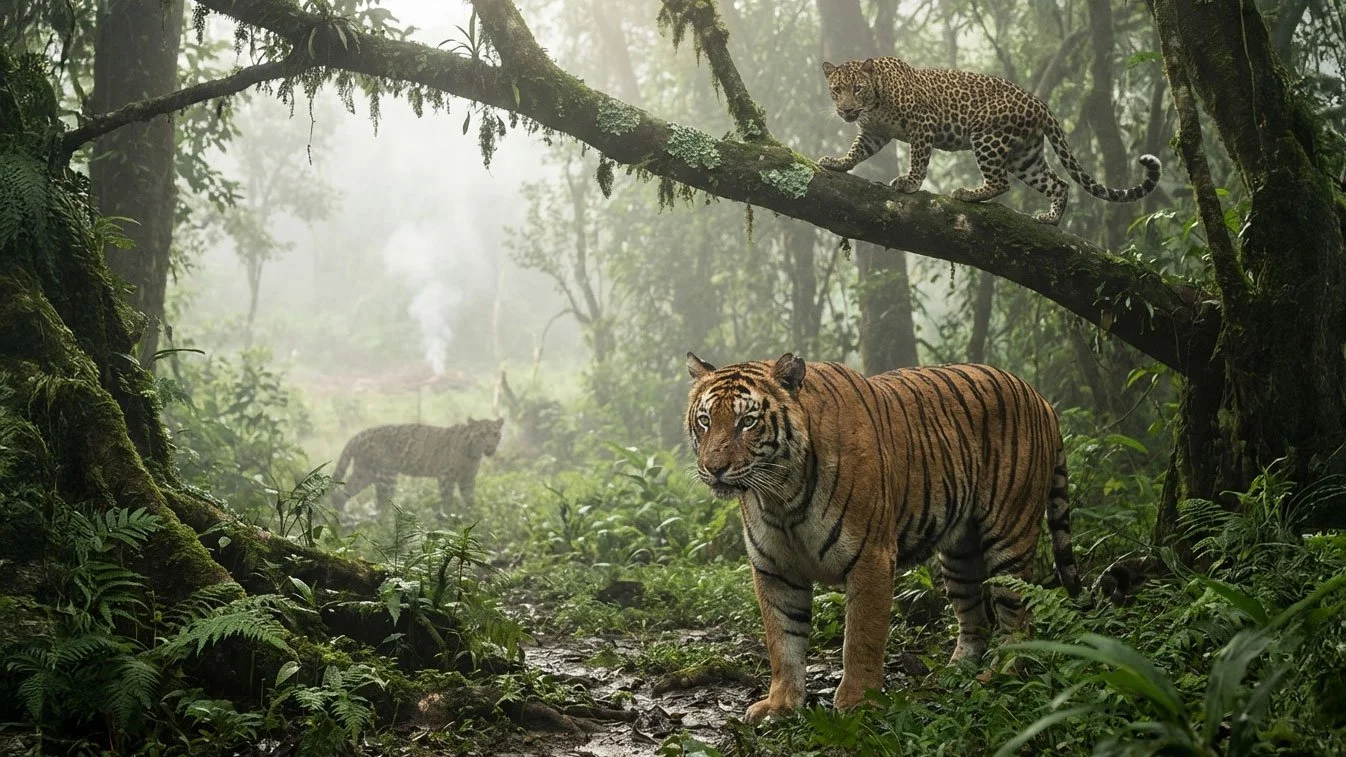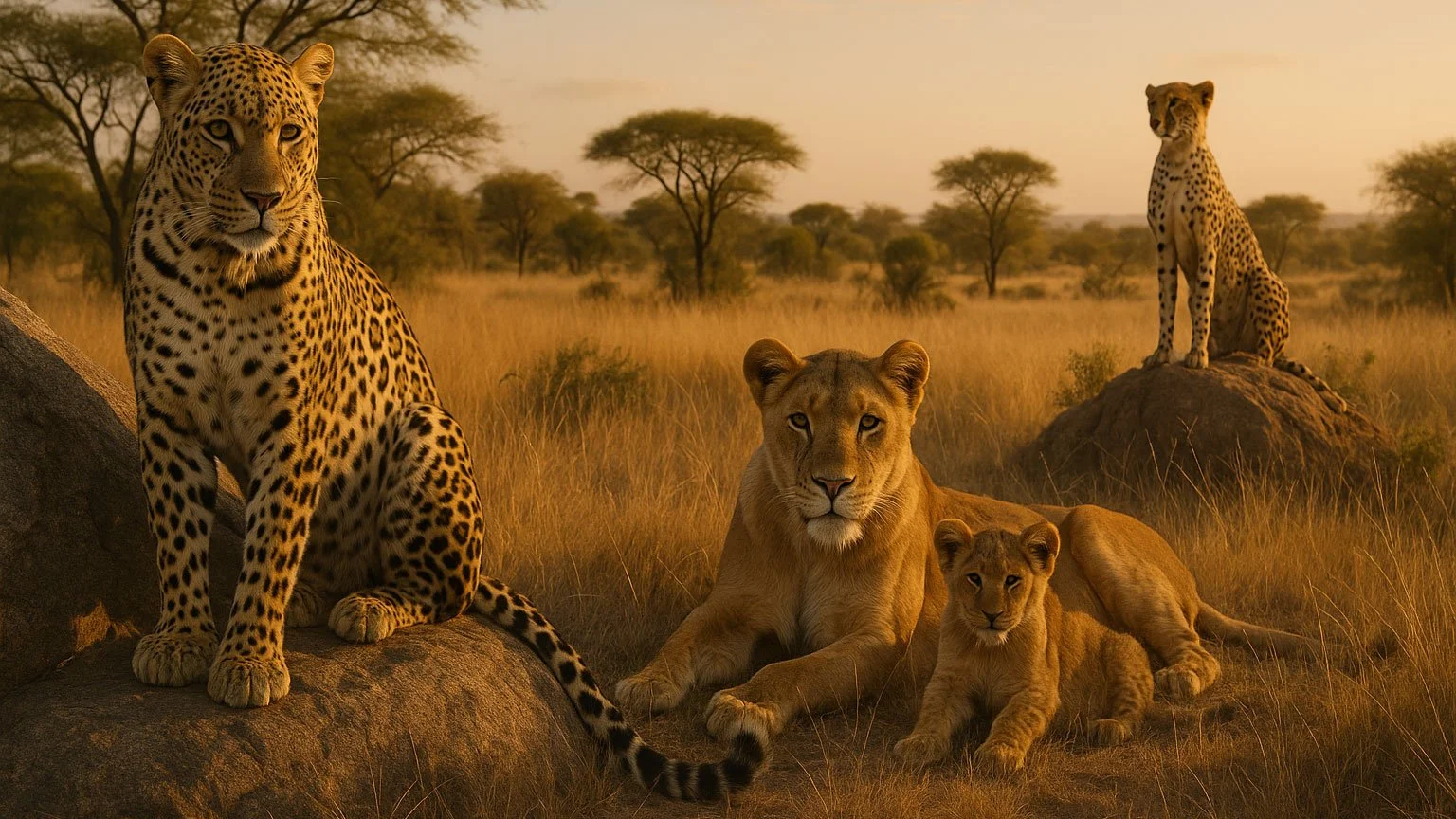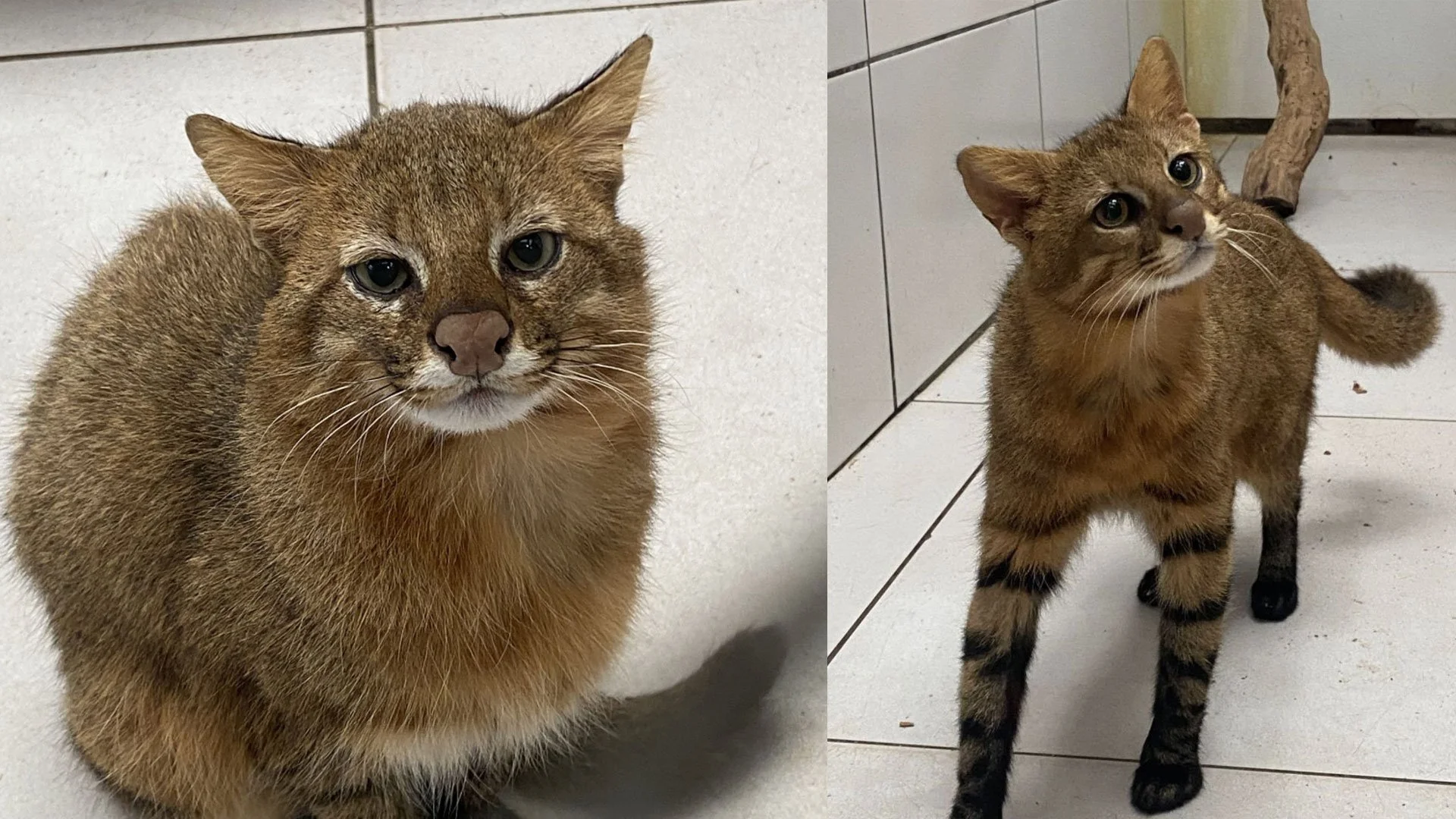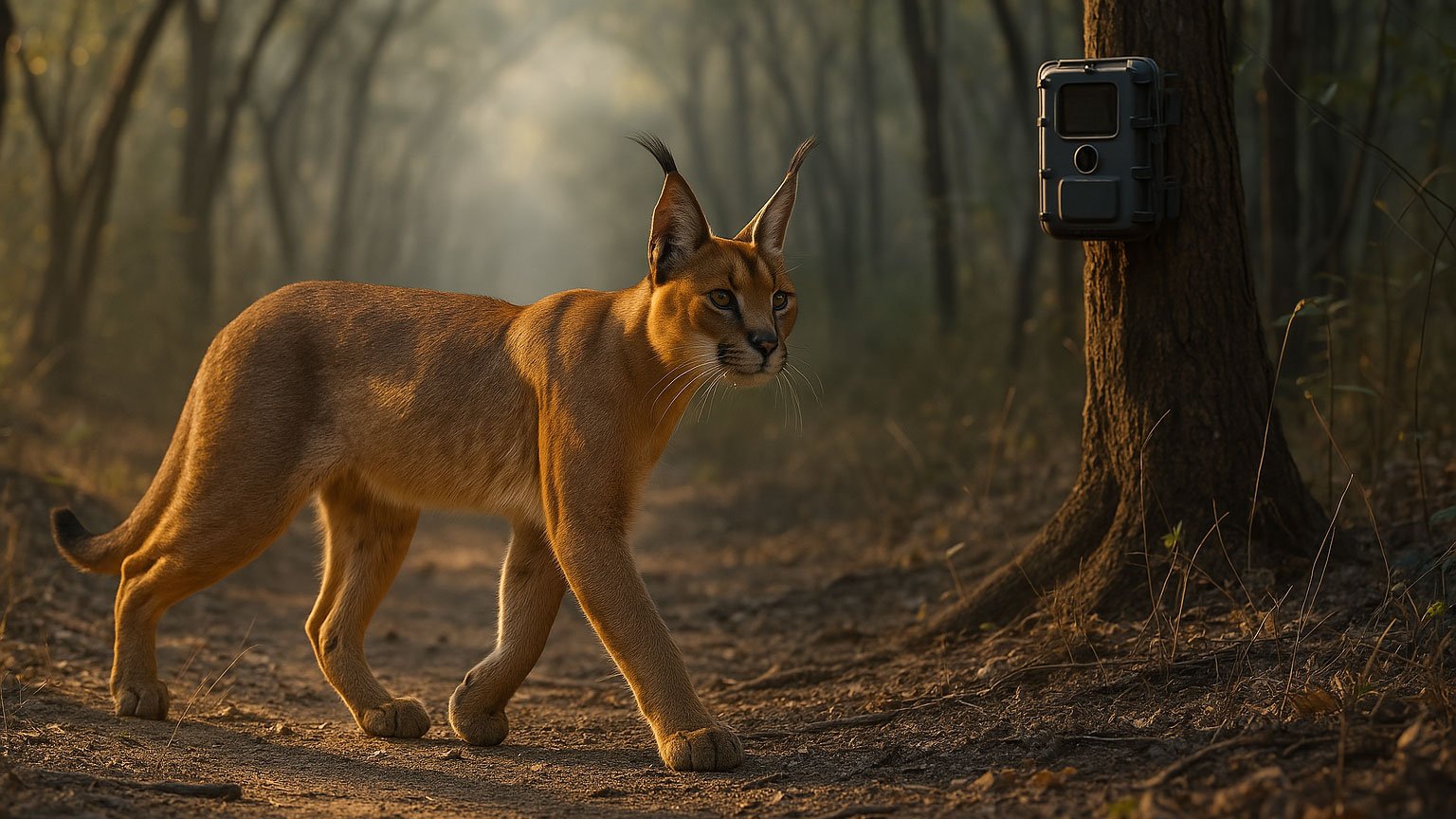The Adaptive Cheetah: Unveiling New Behaviors in a Changing World
Cheetah mom with kittens feasting on Kudu AI
In the vast expanses of Africa's protected reserves, where the golden savannas stretch endlessly under the sun, a remarkable scene unfolded that challenged long-held beliefs about one of the continent's most iconic predators.
In Liwonde National Park, Malawi, a female cheetah, recently relocated from South Africa's Mountain Zebra National Park, was observed with her two sub-adult cubs. They approached a group of eight cheetahs that had successfully hunted a kudu. As the original hunters moved away from their kill, the mother and her cubs seized the opportunity, feeding on the remains. This behavior, documented between 2019 and 2023 in protected areas like Tswalu Kalahari Reserve and Madikwe Game Reserve in South Africa, as well as Liwonde in Malawi, offers a fresh perspective on cheetah ecology.
Traditionally, cheetahs have been celebrated as the epitome of hunting prowess, relying on their unparalleled speed to chase down prey. They are known to be selective feeders, often consuming only the prime parts of their kills. Scavenging, a behavior commonly associated with other large predators, was rarely attributed to them. However, recent observations suggest that cheetahs might occasionally scavenge, especially under certain circumstances.
Elizabeth Kennedy Overton, a researcher at Nelson Mandela University in South Africa, led the study that brought these insights to light. She noted that all the adult cheetahs observed scavenging had been relocated and, during their transition, were kept in holding enclosures known as bomas, where they were provided with carrion. This experience might have influenced their openness to scavenging in the wild. Overton emphasized the importance of understanding these behavioral shifts, especially for conservation efforts:
"The observations made in this paper were very interesting to us and show that there could be potential for further studies into it."
The adaptability of cheetahs in their feeding behavior could be a response to various challenges, such as old age, loss of hunting partners, or the demands of raising offspring. By scavenging, they might reduce the energy expenditure required for hunting, thereby increasing their chances of survival in changing environments.
However, it's essential to approach these findings with caution. Some experts, like Dennis Minja, a biodiversity researcher focusing on cheetah behavior in Tanzania's Serengeti ecosystem, point out that the documented scavenging events are limited. He suggests that more extensive observations are necessary to determine how widespread this behavior is among cheetah populations.
Understanding and supporting such adaptive behaviors are crucial for conservation initiatives. As habitats shrink and prey availability fluctuates, the ability of species like the cheetah to adjust their behaviors becomes vital for their survival. By recognizing and facilitating these adaptations, conservationists can develop more effective strategies to ensure the longevity of these magnificent creatures.
The cheetah's story is a testament to the resilience and adaptability of wildlife. It underscores the importance of continuous research and observation, as our understanding of these animals evolves with each new discovery. By supporting organizations dedicated to big cat conservation, such as Big Cat Rescue, we can contribute to efforts that protect these species and their habitats, ensuring that future generations can witness the grace and power of the cheetah in the wild.
Learn more: https://news.mongabay.com/2025/01/do-cheetahs-scavenge-yes-research-says-but-also-not-really/

